17 GPTs for Weather Research Powered by AI for Free of 2026
AI GPTs for Weather Research refer to a specialized application of Generative Pre-trained Transformers designed to tackle tasks and topics within the weather research domain. These AI tools leverage advanced machine learning models to analyze, predict, and generate insights related to weather patterns, climate change, and meteorological data. By harnessing the power of GPTs, these tools offer tailored solutions that can interpret vast amounts of weather data, providing accurate forecasts, analyzing climate trends, and aiding in disaster preparedness and response strategies. Their role is crucial in enhancing the accuracy and efficiency of weather research, making complex meteorological data more accessible and actionable.
Top 10 GPTs for Weather Research are: Artful Weather Insights,KSEA Climatology,WeatherGPT,Forecast Friend,ずんだもんのAI天気予報,Weather Today,AIOS AU Current Update Cyclones,☁️ Cloud Type Identifier Helper,Weather,Weather Check ✔️
Artful Weather Insights
Visualizing Weather with AI Insight

KSEA Climatology
Unveil the Past, Understand the Climate

WeatherGPT
Empowering decisions with AI-driven weather forecasts.
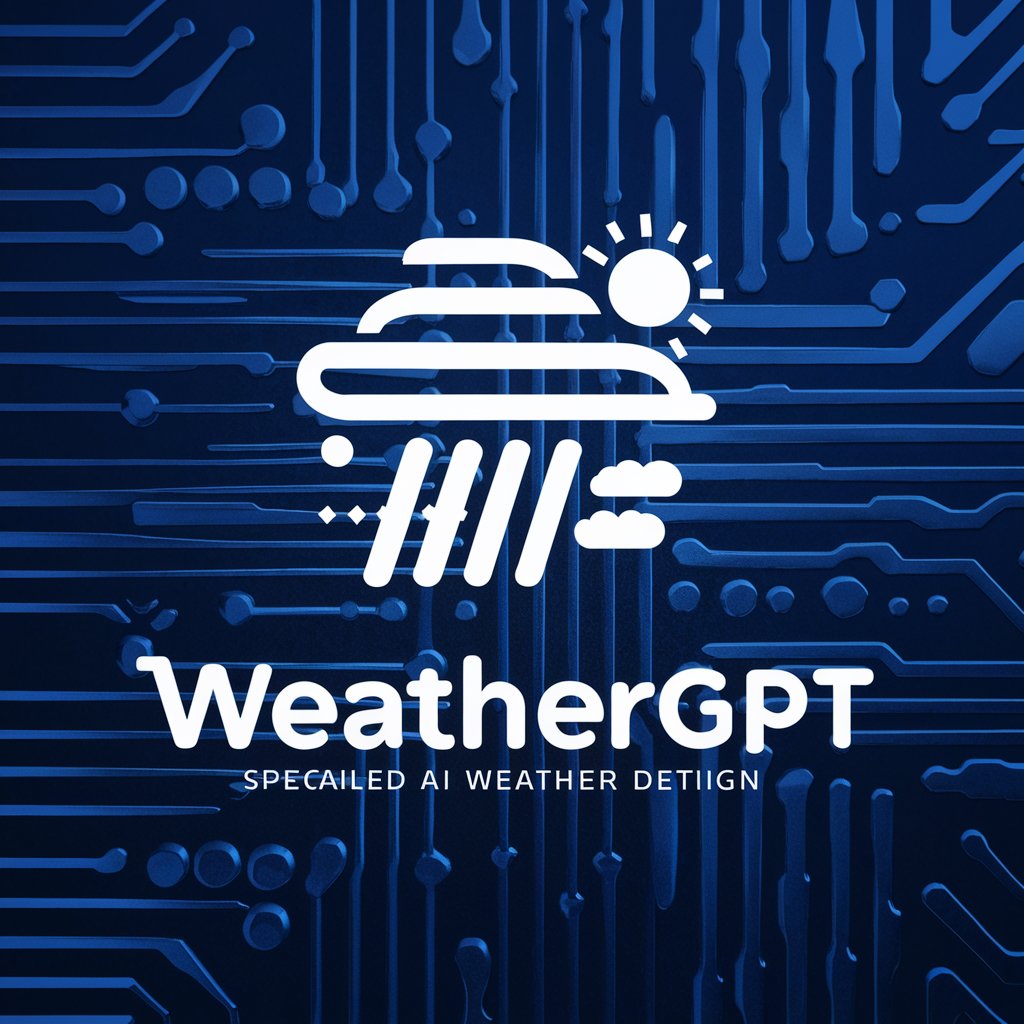
Forecast Friend
Your AI-Powered Weather Advisor

ずんだもんのAI天気予報
Bringing weather forecasts to life with AI

Weather Today
Your AI-powered Weather Assistant

AIOS AU Current Update Cyclones
Stay Ahead of the Storm with AI-Powered Cyclone Updates
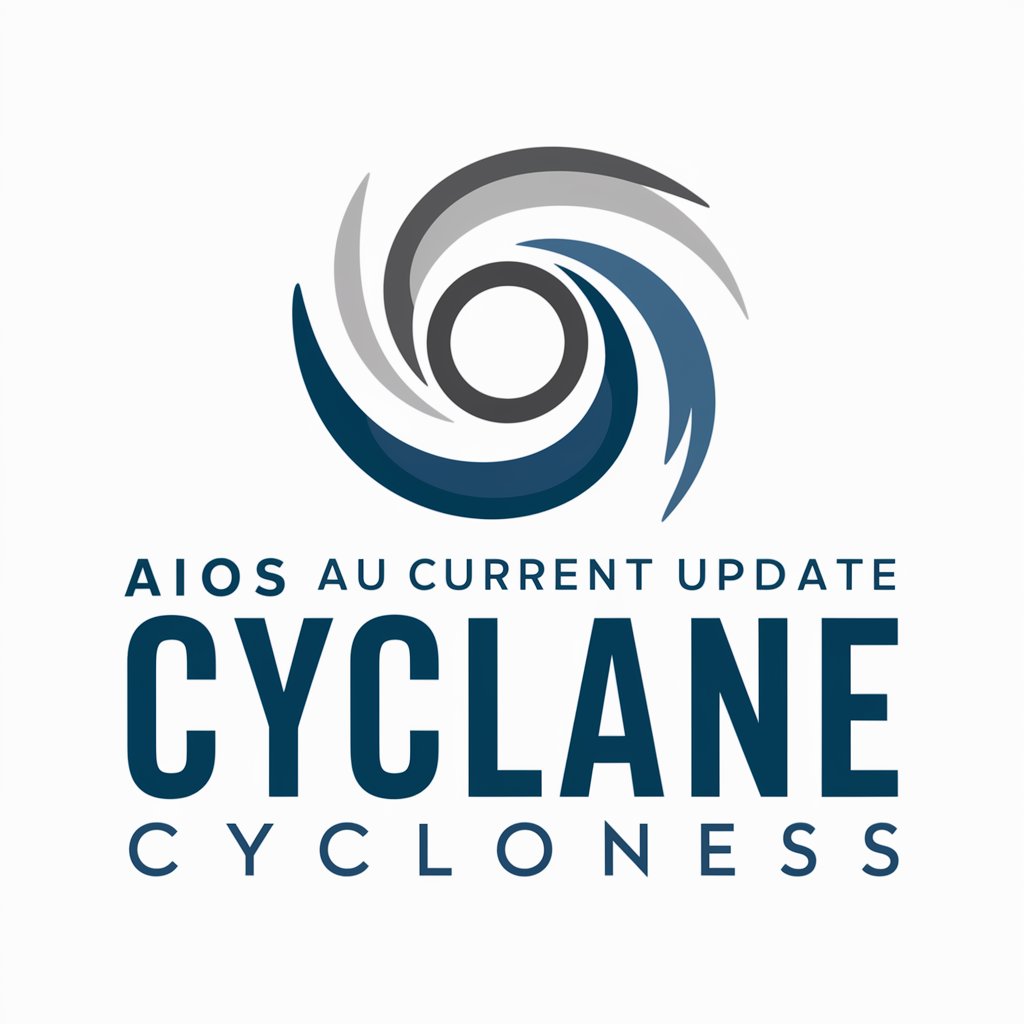
☁️ Cloud Type Identifier Helper
Unlock the skies: AI-powered cloud identification

Weather
AI-Powered Local Weather at Your Fingertips
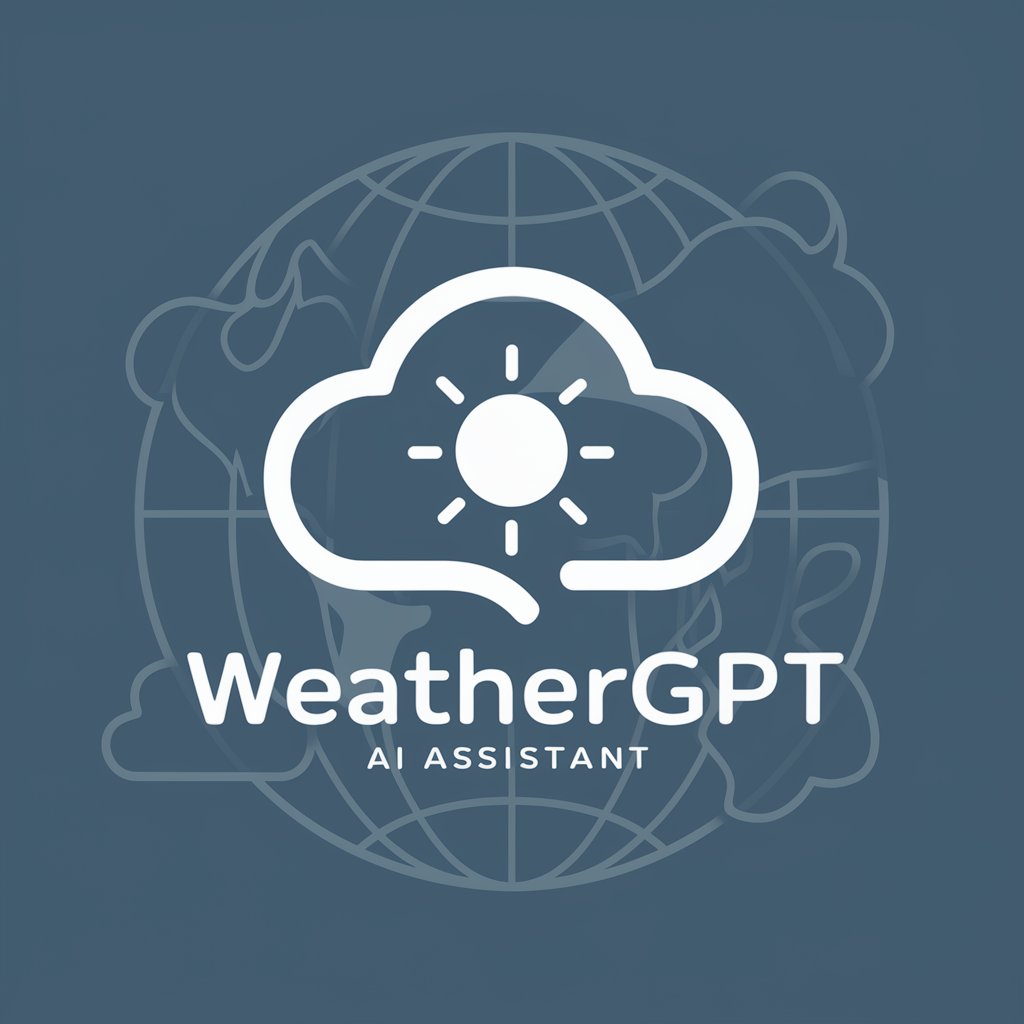
Weather Check ✔️
AI-Powered Local Weather Insights

Andrew Tate the Weather Man
Forecasting with a motivational twist

Weather Wise
AI-Powered Weather Insights
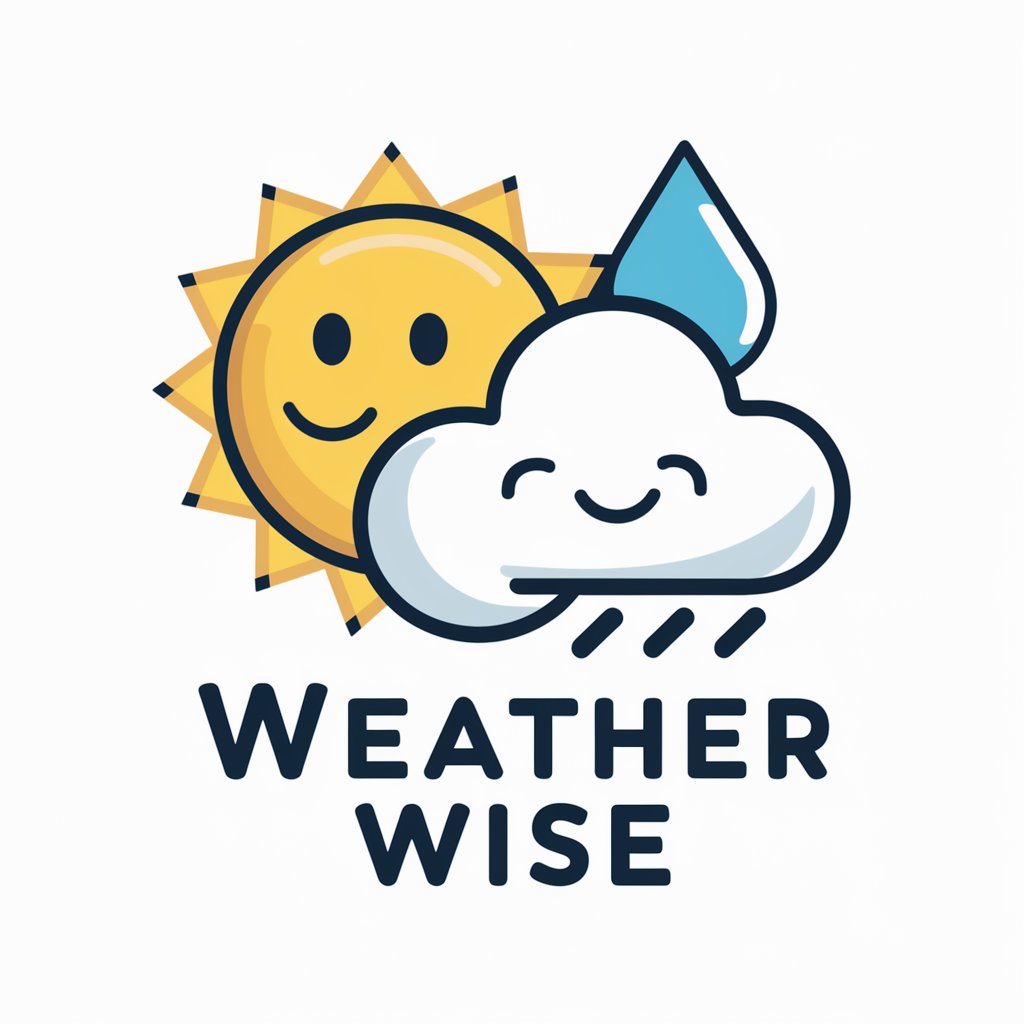
天氣精靈
Forecasting Made Easy with AI

Weather Tomorrow
Tomorrow’s Weather, Today’s Technology

Ultimate Weather Pro +
AI-Powered Precision Weather Forecasts

Weather AI
Instant Weather Forecasts, AI-Enhanced
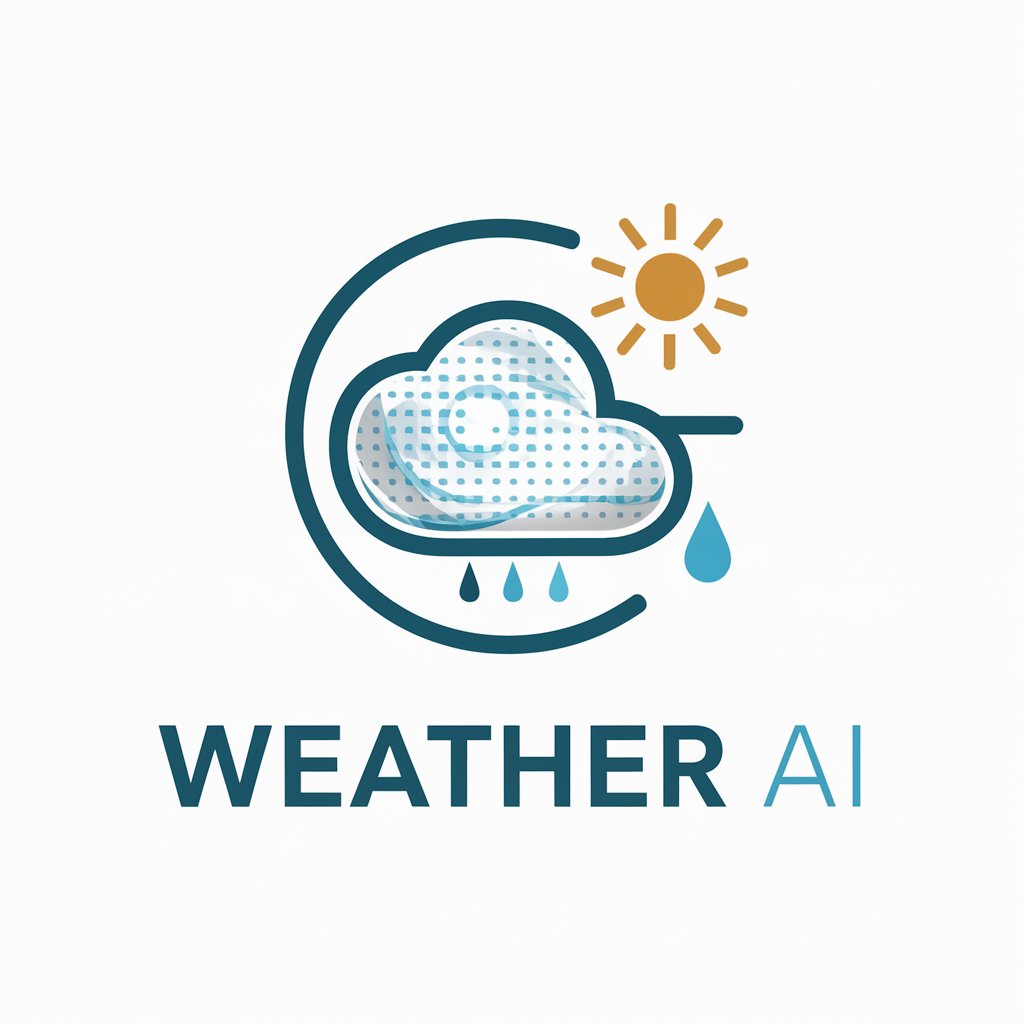
Weather Wise
Accurate Local Forecasts at Your Fingertips
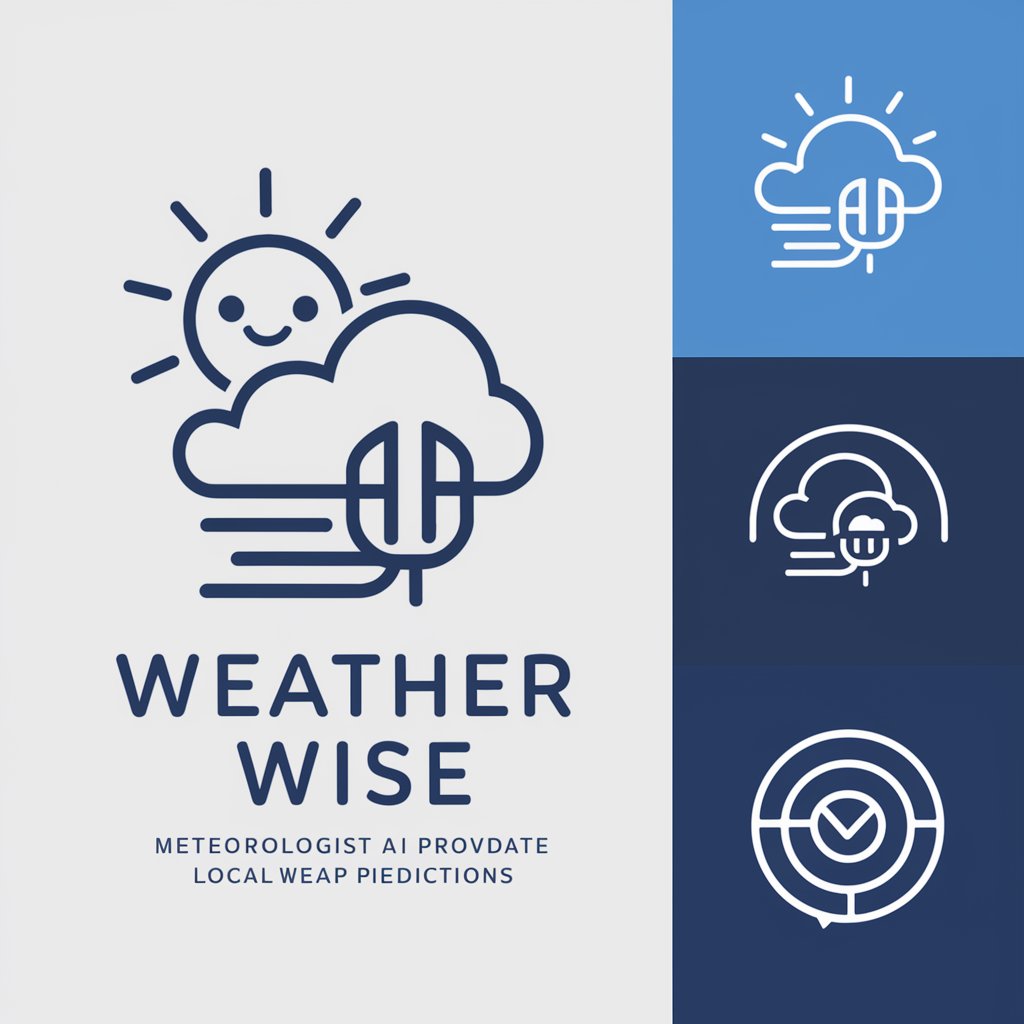
Key Attributes and Functions of Weather Research AI Tools
AI GPTs for Weather Research boast a range of unique features tailored to the field of meteorology. These include advanced data analysis capabilities, enabling them to process and interpret large datasets from various sources such as satellites, weather stations, and climate models. They can generate accurate weather forecasts, identify climate trends, and predict extreme weather events with high precision. Their adaptability ranges from providing simple weather updates to conducting complex climate simulations. Special features include natural language processing for interpreting and generating reports, technical support for integrating with existing meteorological databases, and web searching capabilities for real-time data retrieval. Additionally, some tools offer image creation for visualizing weather patterns and data analysis functions to uncover insights from historical weather data.
Who Benefits from Weather-Focused AI GPTs?
The primary beneficiaries of AI GPTs for Weather Research include meteorologists, climate scientists, and environmental researchers who require detailed and accurate weather analysis. These tools are also highly valuable for policymakers, emergency responders, and urban planners in preparing for and responding to weather-related disasters. Novices or enthusiasts with an interest in weather and climate can easily access simplified forecasts and climate trends, while developers and technical professionals in the meteorological field benefit from the advanced customization and integration options. These AI tools offer a user-friendly interface for those without coding skills, alongside more sophisticated programming capabilities for experts seeking to tailor the AI's functions to specific research needs or projects.
Try Our other AI GPTs tools for Free
Data Inquiry
Discover the power of AI GPTs for Data Inquiry, transformative tools that simplify data analysis with natural language processing and machine learning.
Pattern Tracking
Discover how AI GPTs for Pattern Tracking leverage advanced algorithms to uncover data patterns, offering tailored solutions for diverse applications.
Satirical News
Discover how AI GPTs for Satirical News are revolutionizing humor in journalism, offering tools for creating engaging, witty content that critiques society with a smile.
Photo Generation
Discover the transformative power of AI GPTs for Photo Generation, tools designed to turn textual descriptions into high-quality, customized images. Perfect for creators and professionals alike.
Innovation Advising
Discover how AI GPTs for Innovation Advising can transform your creative processes with tailored, AI-driven solutions for enhanced strategic planning and problem-solving.
PRFAQ Refinement
Discover how AI GPTs for PRFAQ Refinement can transform your content creation process, enhancing clarity, engagement, and relevance in product development and customer support.
Enhanced Solutions Through Customized AI in Meteorology
AI GPTs offer revolutionary solutions in weather research and climate analysis by providing customized, user-friendly interfaces and integration capabilities. These tools not only improve the accuracy of weather forecasts and climate models but also make meteorological data more accessible to a broader audience. They facilitate a deeper understanding of weather patterns and climate impacts, supporting informed decision-making in related sectors. Their adaptability ensures they can be integrated into various workflows, enhancing existing systems with AI-driven insights.
Frequently Asked Questions
What exactly are AI GPTs for Weather Research?
AI GPTs for Weather Research are specialized artificial intelligence tools that apply GPT technology to analyze, predict, and generate insights on weather and climate data. They're designed to support weather forecasting, climate analysis, and environmental research.
How do these AI tools predict weather?
These AI tools analyze historical weather data, current meteorological inputs from various sources, and climate models using advanced algorithms to predict future weather patterns and events with high accuracy.
Can non-experts use these AI GPTs effectively?
Yes, these tools are designed with user-friendly interfaces that allow non-experts to access weather forecasts, climate trends, and environmental insights without needing specialized knowledge or programming skills.
How customizable are AI GPTs for Weather Research?
These AI tools offer a range of customization options, from simple interface adjustments to complex algorithmic tuning, catering to both novices and experts in the field of meteorology.
What makes AI GPTs better than traditional weather prediction models?
AI GPTs can process and analyze larger datasets more efficiently than traditional models, incorporate real-time data, and apply advanced machine learning techniques to improve the accuracy and detail of weather predictions and climate analyses.
Can these tools integrate with existing meteorological systems?
Yes, many AI GPTs for Weather Research are designed to integrate seamlessly with existing meteorological databases and forecasting systems, enhancing their capabilities with AI-driven insights.
What are the limitations of using AI for weather research?
While highly advanced, AI tools for weather research may still face challenges in predicting localized extreme weather events and in areas with limited historical data. Ongoing training and data refinement are essential for maintaining accuracy.
Are there ethical considerations in using AI for weather predictions?
Ethical considerations include ensuring data privacy, avoiding bias in weather reporting, and transparently communicating the uncertainty inherent in weather predictions to avoid misinterpretation.